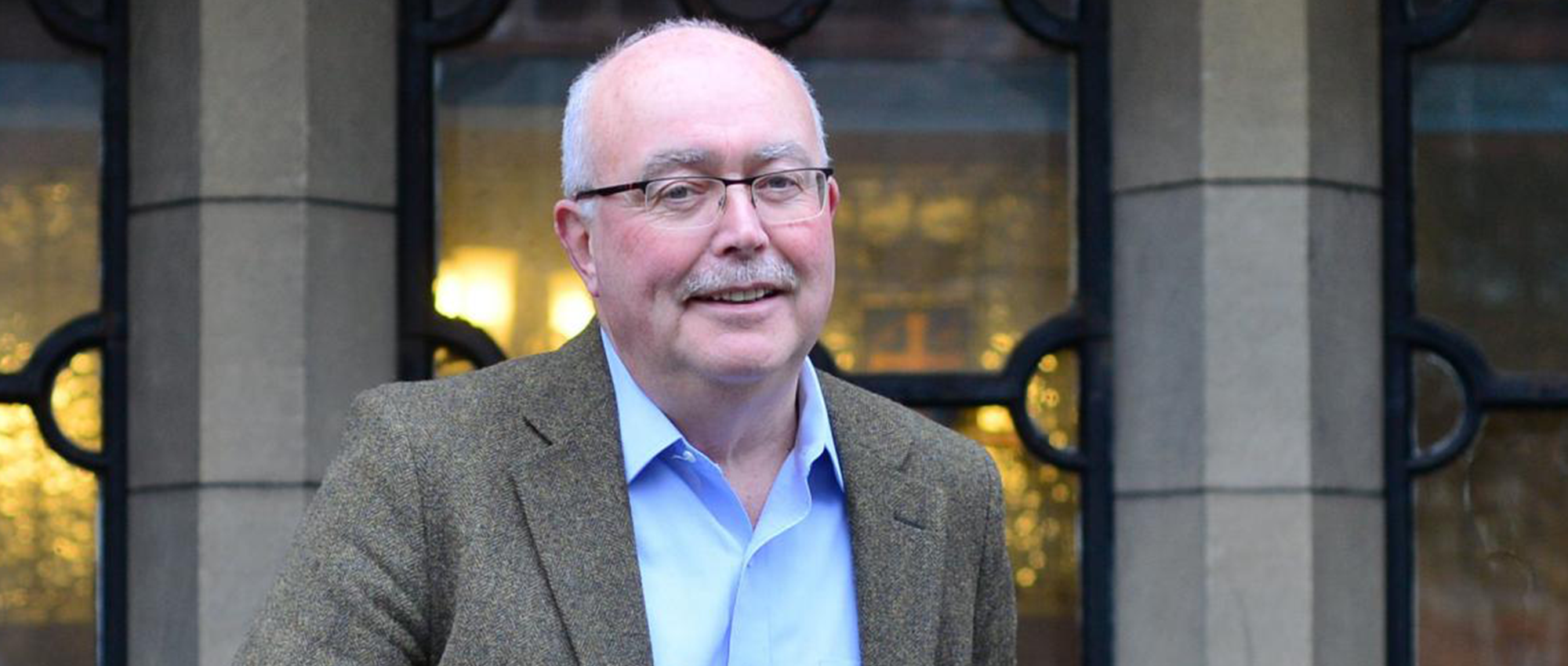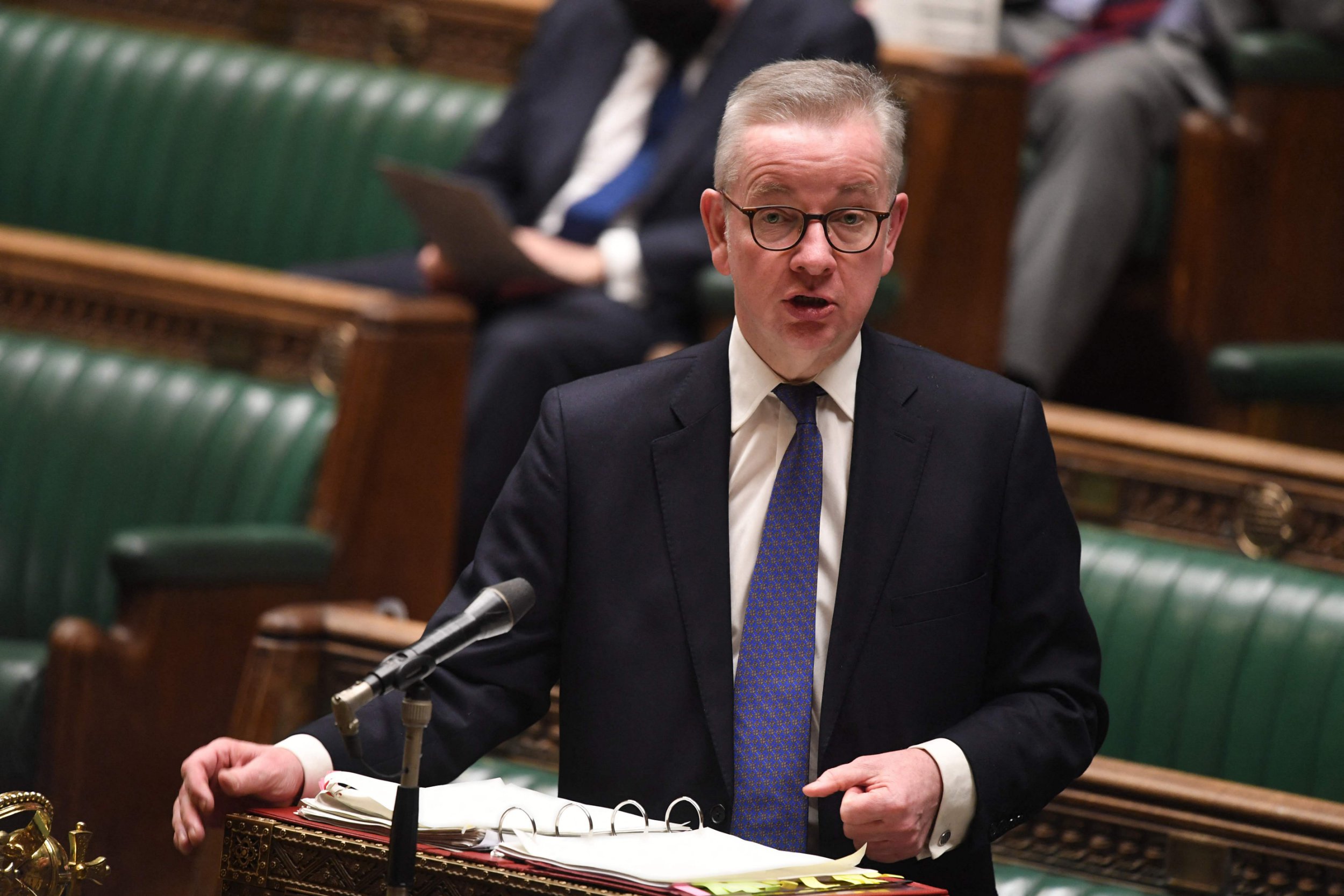In response to the Scottish Government’s plan for Economic Transformation, Professor Ronald MacDonald, the chairman of Our Scottish Future’s Economic Commission said: “This report provides a clear diagnosis of the problems facing the Scottish economy but, on solutions, it is simply a rehash of all the failed scripts we have seen since 2007.”
Continue readingResponse to the Scottish Government’s Plan for Economic Transformation
In response to the Scottish Government’s plan for Economic Transformation, Professor Ronald MacDonald, the chairman of Our Scottish Future’s Economic Commission said: “This report provides a clear diagnosis of the problems facing the Scottish economy but, on solutions, it is simply a rehash of all the failed scripts we have seen since 2007.”
Continue readingThe UK and Scottish Government Must “Join Up To Level Up”
The UK and Scottish Government must “join up to level up”, according to a new paper by Our Scottish Future released today. The paper proposes that the two governments agree a “Framework for Reducing Inequality” based on the agreements Edinburgh and London struck on powers returning to the UK after Brexit.
Continue readingOnly a faltering step to levelling up
Michael Gove’s “levelling up” White Paper is driven by brute politics.
Continue readingHealth Inequalities A “Breach of Human Rights”. Time For a Shared UK Plan
One of Scotland’s leading clinicians has described the health inequalities between rich and poor as “a breach of human rights”, and calls today for a UK wide network to be established to tackle it. Professor David Kerr warns that the pandemic is likely to widen further the life expectancy gap between well off and deprived parts of the UK.
Continue readingThe Power of Positive Thinking
Today the House of Lords Constitution Commission has published a new report: “Respect and Cooperation: Building a Stronger Union for the 21st Century.” While the report says the case for the Union remains strong, it does not mince its words in calling for change.
Continue readingPoll Backs Directly-Elected Provosts to Revive Local Democracy
The crisis in local democracy in Scotland is exposed in a poll which reveals that three-quarters of Scots are not confident they could name the leader of their local council. It also reveals the potential solution – the creation of directly-elected provosts to Scotland’s leading cities.
Continue readingAutonomy and Cooperation – Finding The Right Balance
“FULL fiscal autonomy would be a disaster for Scotland”. So Gordon Brown told an online Our Scottish Future audience of more than 300 people last week as he set out his vision for his nation as part of the United Kingdom.
Continue reading“Cooperation Can Make Scotland a Super-Power”
Gordon Brown used an online speech to Our Scottish Future yesterday evening to argue that deeper cooperation between Scotland and the rest of the UK can turn Scotland from a power to a “super-power” in in key growth industries of the future.
Continue reading









